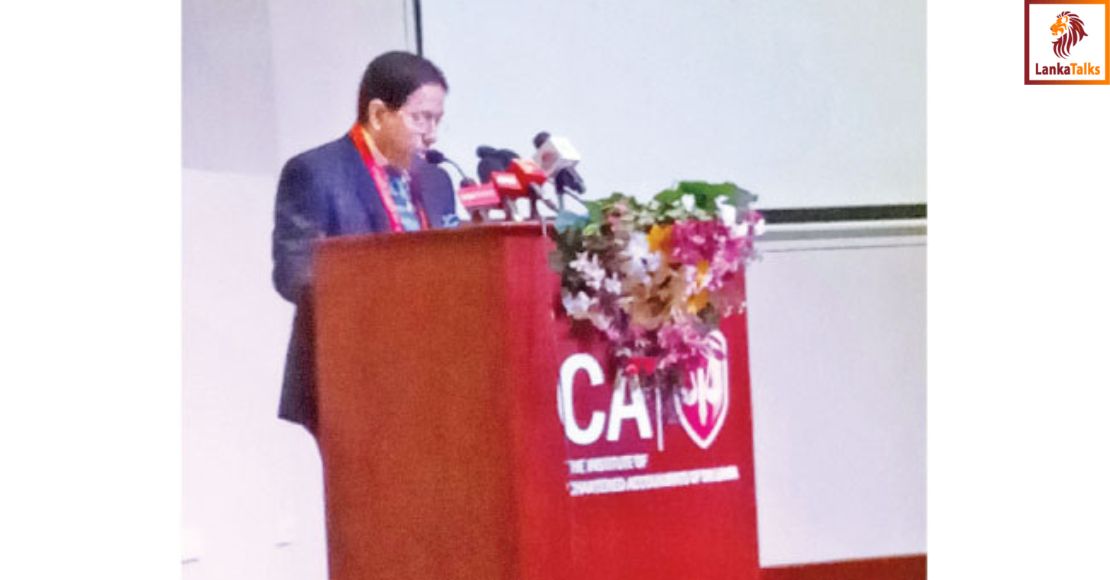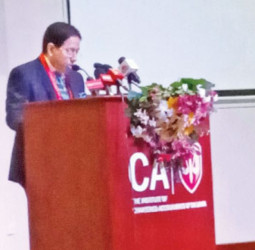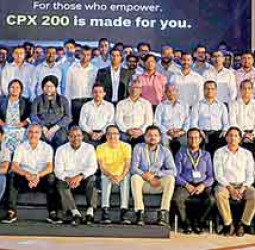Tax policy cannot be based on envy or jealousy. Taxation is a fallout of economic growth and oppressive tax is contrary to progressive development.
“The issue as to what is taxed, how much and for what purpose constitutes fundamental political questions that must be resolved ultimately by the political process,” said President’s Counsel Dr Shivaji Felix at a lecture delivered on the theme; The Tax Conundrum, Democracy and the Rule of Law at the Institute of Chartered accountants of Sri Lanka.
“The term tax conundrum is used in the present context to refer to oppressive taxation which is unreasonably burdensome or severely oppressive legislation. It refers to taxation collected by the Department of Inland Revenue. This is explicit in circumstances where ‘taxes transfer spending power from the taxpayer to the government.’
“What must be the contribution of different persons in society and how much must they pay?” he asked.
“What should be exempt from tax and how should our tax rupees be utilized? These legitimate questions have a direct bearing on the economy and operations of the government.”
“However, they also carry such a strong moral and ideological ring in them that they raise searching and penetrating questions regarding individual liberty, personal responsibility and our mutual obligations as citizens in a democratic society committed to the rule of law. Each country’s constitution and political process will determine how tax obligations are administered and enforced. The imposition of these have the potential to raise questions about the Rule of Law (ROL) which is an amorphous concept that defies definition but is very relevant in the context of the imposition and recovery of taxes. ROL in a democracy is a value laden concept that embodies certain core aspirations and values.
The Tax Appeals Commission has many constraints preventing them from adjudicating in a just and reasonable manner. In 2024 there were approximately 230 appeals to the court of appeal and the year has not yet ended. There are enormous numbers in 2023 as well. A dysfunctional adjudication promotes systemic corruption and encourages cheaper options. There must be a filter in the system and each level of hearing must be progressively difficult not merely to confirm an assessment without considering justice and fairness of each case,” he further said. “It is well recognized that a just tax system is one of the fundamental principles of a constitutional democracy.
“A tax can be broadly defined as a governmental levy which is not in return for a specific benefit and is not imposed by way of a fine or penalty, other than in the context of tax related offences.”



 Mifra
Mifra




